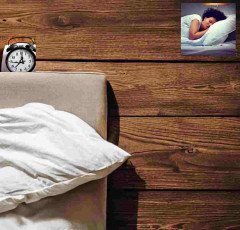
How to get a good night’s rest ?

From illness to work stress and family responsibilities, there are many things that can prevent you from getting a good night's sleep. It makes sense why it's not always easy to get a good night's sleep.
The things that disrupt your sleep may be out of your control. However, you can develop routines that promote healthier sleep. Get started with these simple recommendations.
Stick to a sleep schedule
Limit sleep to eight hours. A healthy adult needs at least seven hours of sleep per night. Most people can't sleep more than eight hours and still feel rested.From illness to work stress and family responsibilities, there are many things that can prevent you from getting a good night's sleep. It makes sense why it's not always easy to get a good night's sleep.
The things that disrupt your sleep may be out of your control. However, you can develop routines that promote healthier sleep. Get started with these simple recommendations.
Stick to a sleep schedule
Limit sleep to eight hours. A healthy adult needs at least seven hours of sleep per night. Most people can't sleep more than eight hours and still feel rested.
Pay attention to your diet and hydration
Watch your diet and avoid overeating or going to bed hungry. In particular, avoid a large and heavy dinner just before bedtime. You may not sleep because of the discomfort.
Alcohol, caffeine and nicotine should be used with caution. Nicotine and caffeine have energizing effects that take hours to wear off and can disrupt sleep. Additionally, alcohol can disrupt sleep later in the night, even though you may feel drowsy at first.
Create a peaceful environment
Make your space relaxing by keeping it cool, dark and quiet. Falling asleep may be more difficult if you are exposed to light in the evening. Spend as little time as possible using light devices just before bed. To create an environment that meets your needs, consider using earplugs, a fan, blackout shades and other accessories.
Better sleep can result from engaging in calming activities before bed, such as taking a bath or practicing relaxation techniques.
Limit daytime sleep
Make time for exercise in your daily routine
Manage your worries
Anxiety can be reduced by meditation
Pay attention to your diet and hydration
Watch your diet and avoid overeating or going to bed hungry. In particular, avoid a large and heavy dinner just before bedtime. You may not sleep because of the discomfort.
Alcohol, caffeine and nicotine should be used with caution. Nicotine and caffeine have energizing effects that take hours to wear off and can disrupt sleep. Additionally, alcohol can disrupt sleep later in the night, even though you may feel drowsy at first.
Create a peaceful environment
Make your space relaxing by keeping it cool, dark and quiet. Falling asleep may be more difficult if you are exposed to light in the evening. Spend as little time as possible using light devices just before bed. To create an environment that meets your needs, consider using earplugs, a fan, blackout shades and other accessories.
Better sleep can result from engaging in calming activities before bed, such as taking a bath or practicing relaxation techniques.
















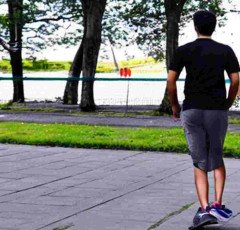










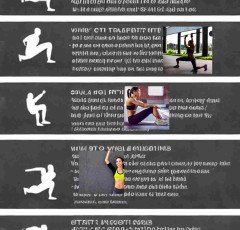











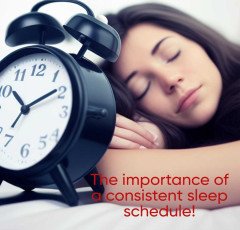

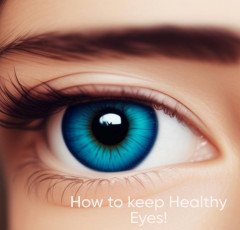













































 Best Sellers On Amazon
Best Sellers On Amazon  Best Selling Books
Best Selling Books  SOFAS
SOFAS  SEO Checklist
SEO Checklist  Sennheiser
Sennheiser  ELECTRONIC ACCESSORIES
ELECTRONIC ACCESSORIES  All Wireless Products
All Wireless Products  NordVPN
NordVPN  Hot Bags For Pain Relief
Hot Bags For Pain Relief  Artificial Intelligence
Artificial Intelligence  Top Rated From Amazon
Top Rated From Amazon  The Click Engine
The Click Engine  Favorite Company (Cuelinks)
Favorite Company (Cuelinks)  Unreal Engine 5 For Beginners Learn The Basics Of Virtual Production
Unreal Engine 5 For Beginners Learn The Basics Of Virtual Production  RPM 3.0
RPM 3.0  1150+Trendy kids coloring pages Bundle
1150+Trendy kids coloring pages Bundle  One World Collection
One World Collection  Men Clothing
Men Clothing  Best Home Appliances
Best Home Appliances  Smart Doorbell
Smart Doorbell  Online Marketing
Online Marketing  Creative Brief For Video Shoot
Creative Brief For Video Shoot  BEST SELLER TOP10
BEST SELLER TOP10  NordLocker
NordLocker  Unlimited access to classes on illustration, photography, design, film, music
Unlimited access to classes on illustration, photography, design, film, music  Women Fashion
Women Fashion  NordPass
NordPass  Hello Theme
Hello Theme  Best Robotic Vacuum Cleaners
Best Robotic Vacuum Cleaners  Graphics & Design
Graphics & Design  ASPINAL LONDON
ASPINAL LONDON  Only For The United States
Only For The United States  ASUS Laptop
ASUS Laptop  TitTok Revolution
TitTok Revolution  Amazon Best Selling Products
Amazon Best Selling Products  Acer Laptop
Acer Laptop  The Secret Email System
The Secret Email System  Online Technology Classes
Online Technology Classes 
















